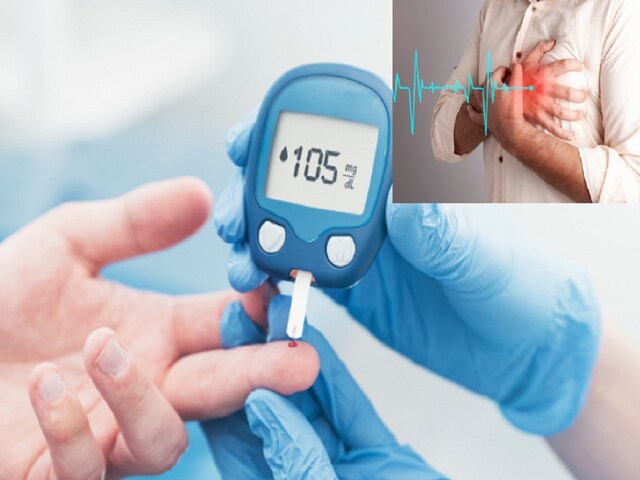Navratri is a spiritual time when many people fast for nine days to show devotion and seek blessings. While fasting has religious importance, it also changes your routine your eating, sleeping, and even medication habits. For people with diabetes and heart conditions, these changes can be risky if not handled properly.
In this article, we’ll explain what mistakes to avoid during Navratri fasts if you are a heart or diabetes patient, and how you can stay healthy while observing the fast.
Why Navratri Fasting Can Be Risky for Diabetic and Heart Patients
During Navratri, many people eat only fruits, milk, potatoes, or sabudana and avoid grains, pulses, and regular meals. For someone with diabetes or heart problems, such sudden changes in diet can:
- Affect blood sugar levels
- Cause low or high blood pressure
- Lead to dehydration
- Cause weakness or dizziness
- Interfere with regular medication timings
That’s why it’s important to fast wisely and avoid common mistakes.
Mistakes Diabetic-Heart Patients Should Not Make
1. Skipping Meals Entirely
Some people think fasting means not eating all day. But for diabetes and heart patients, skipping meals is dangerous. It can cause sudden drop in sugar levels, leading to fainting, sweating, confusion, or even coma.
Tip: Eat small, balanced meals every 3-4 hours even during fasting.
2. Eating Too Many Potatoes and Sabudana
These are high in starch and can raise blood sugar levels quickly. Eating too much of these during fasts is not good for diabetics.
Tip: Choose low glycemic index foods like lauki, cucumber, or curd.
3. Drinking Sugary Drinks or Too Much Tea
Many people drink fruit juices, sweet lassi, or sugar tea during fasts, thinking it gives energy. But these are full of sugar and not suitable for diabetics or those with heart disease.
Tip: Drink buttermilk, lemon water without sugar, coconut water, or plain water.
4. Ignoring Water Intake
Dehydration is common during fasting. It can raise blood pressure or reduce blood sugar levels, making you feel tired or dizzy.
Tip: Drink 8-10 glasses of water throughout the day, even during fasts.
5. Not Checking Blood Sugar or Blood Pressure
Patients often forget to check their sugar or BP during fasting days. This can be risky, especially if you are not eating your usual meals.
Tip: Monitor your glucose and BP levels daily during Navratri.
6. Overeating During Evening Meal
Some people eat too little all day and then overeat during the evening. This sudden heavy meal can raise blood sugar levels, increase pressure on the heart, and cause acidity.
Tip: Have a light and nutritious dinner like boiled vegetables, curd, fruits, and kuttu roti.
7. Stopping Medicines Without Doctor Advice
Many people stop their sugar or BP medicines while fasting, thinking it may cause weakness. This is very dangerous.
Tip: Always take medicines as per doctor’s advice. You may adjust timings slightly but don’t skip any dose.
Safe Foods for Diabetic and Heart Patients During Navratri
| Food Item | Why It’s Good |
| Kuttu (buckwheat) | High fiber, keeps sugar stable |
| Lauki (bottle gourd) | Light, water-rich vegetable |
| Curd/Buttermilk | Cool for digestion and protein-rich |
| Roasted peanuts | Healthy fats and protein |
| Apple, Pear | Low sugar fruits |
| Coconut Water | Natural hydrator |
General Tips for Healthy Fasting
- Start your day with a glass of warm water and 4 soaked almonds.
- Avoid fried food like pakoras or pooris.
- Add rock salt (sendha namak) instead of regular salt.
- Sleep well, as lack of rest can increase sugar or BP levels.
- Do some light yoga or walking instead of heavy workouts.
When to Break the Fast
If you feel any of these symptoms, you should stop fasting immediately:
- Dizziness or fainting
- Severe sweating
- Chest pain or palpitations
- Confusion or blurred vision
- Extremely low or high sugar reading
Health is more important than rituals. God understands your condition.
Final Words
Navratri is a beautiful time to connect with your spiritual self. But if you are a diabetes or heart patient, you must be extra careful. Avoid common mistakes, eat the right foods, keep checking your sugar and BP, and consult your doctor before starting the fast.

